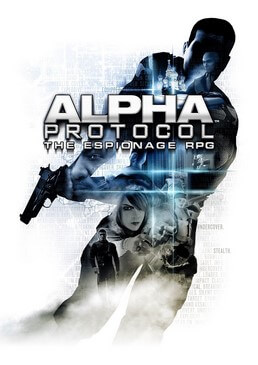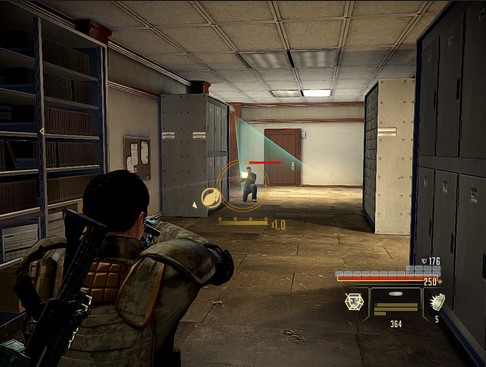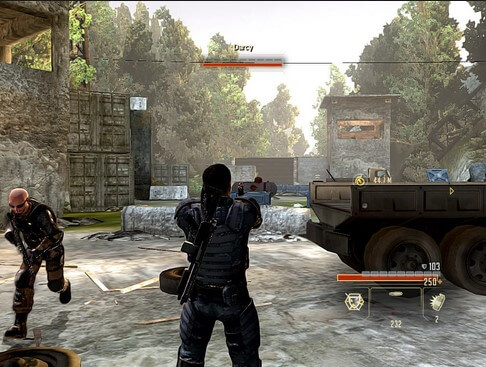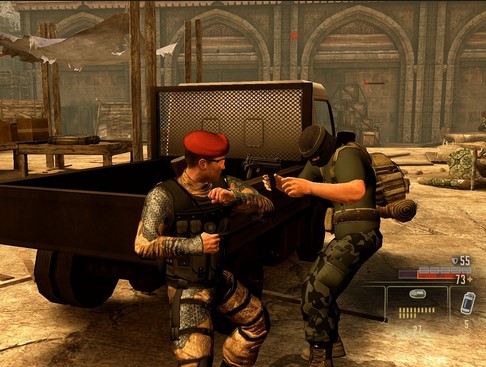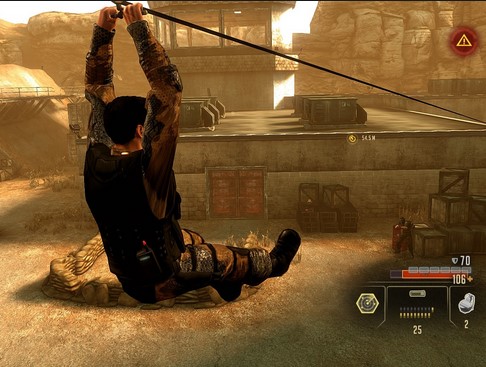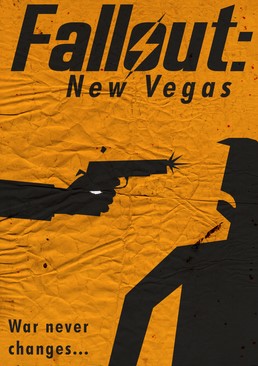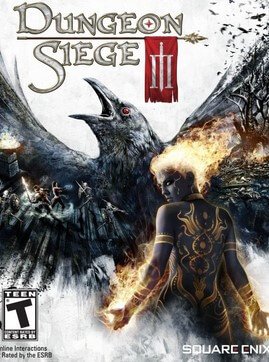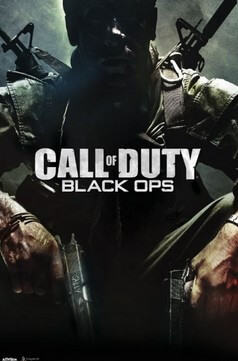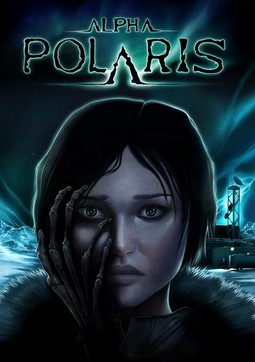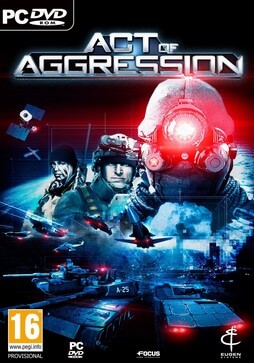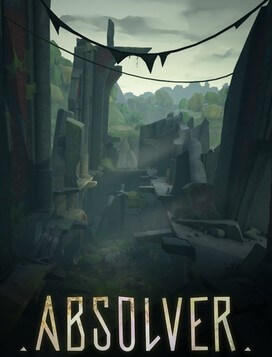Alpha Protocol is an action role-playing game developed by Obsidian Entertainment and published by Sega. It was released for Microsoft Windows, PlayStation 3, and Xbox 360 in May 2010. The player assumes control of agent Michael Thorton, a new recruit at a clandestine United States agency called Alpha Protocol, which is given unlimited resources to conduct covert operations on behalf of the government. Thorton becomes a rogue agent and must unravel an international conspiracy to stop a war. Throughout the game, players must make many choices that affect the narrative. Played from a third-person perspective, players can confront enemies using firearms, gadgets, martial arts, and stealth. The game features extensive customization and a dialogue stance system that allows players to select dialogues based on three different tones.
The game's development began in March 2006 after publisher Sega approached Obsidian for a new intellectual property role-playing game. While Obsidian co-founders Feargus Urquhart and Chris Jones came up with the concept of an "espionage RPG", no one was assigned to lead the project until early 2008. The project was mostly inspired by iconic spy characters such as Jason Bourne, James Bond, and Jack Bauer; and by films including Syriana, Ronin, and The Good, the Bad and the Ugly. Sega also participated in the game's development, supporting the plot rewrite by Chris Avellone, and sending quality assurance and cohesion strike teams to ensure there were no plot holes.
Alpha Protocol received polarized reviews upon release. Critics praised the game's setting, customization, and reactivity, but criticized its gameplay, story, graphics, and presentation; it was generally considered to be ambitious but executed many concepts poorly. Retrospectively, the game's reputation improved and it gained a cult following. Despite Obsidian's desire to develop a sequel, intellectual property owner Sega was not satisfied with the game's financial performance and no sequel is planned.
Gameplay
Alpha Protocol is an action role-playing game played from a third-person perspective. Players assume control of Michael Thorton, a secret agent who must travel around the world as he unravels a conspiracy that threatens his safety. At the start of the game, players can choose Thorton's agent history; options include Soldiers—which focuses on using heavy firearms, Tech Specialists—which have an arsenal of gadgets to use, and Field Agents—which encourages the use of stealth. There are also Freelancer, Recruit, and Veteran options, in which players custom-build their own class. Players can customize elements of Thorton's appearance, including his hair, eye color, costumes, and accessories including hats and glasses.
Missions typically start at a safe house, which serves as a hub for players. In the hub, players can select missions, access the black market to buy weapons and intelligence, and use the weapon locker. Weapons can be extensively customized; options include the addition of a scope to improve shooting accuracy and the use of phosphorus ammunition to burn enemies. In missions, players can approach their objectives in a variety of ways; they can directly confront enemies using the four weapon classes—submachine guns, pistols, assault rifles, and shotguns—and use gadgets such as grenades, flashbangs, and detonated mines. Players can buy armor that boosts Thorton's endurance during missions. Non-lethal means can also be used; Thorton can use martial arts or tranquilizing guns to knock out enemies, and stealth to evade enemies and security measures such as cameras. Levels are intricate, with multiple paths for players to use and explore. Players can collect money bags and open safes in mission areas, and use the money to buy weapons after returning to the hub. Players can hide behind a cover to evade enemy fire and prevent themselves being noticed. To open locked doors and encrypted computers, and disable alarms, players must hack them by completing mini-games. A mission summary screen, which lists the number of completed objectives and individual players killed or knocked out, appears after the completion of missions.
By choosing the correct dialogue options and completing certain gameplay challenges, players can earn small combat enhancements called Perks. Thorton's skills can be extensively customized. Players earn experience points while completing certain actions. Skills points are earned when players level-up after earning sufficient experience points, which can be used to upgrade nine aspects of Thorton's skills; namely Stealth, Pistols, Submachine Guns, Shotguns, Assault Rifles, Sabotage, Technical Aptitude, Toughness and Martial Arts. Spending points on these aspects unlock new skills that can be activated to enhance Thorton's combat efficiency. For instance, a skill known as Chain Shot slows the passage of time and allows players to kill enemies in rapid succession. Players can specialize in three skills, which further raises the level cap.
Alpha Protocol features numerous non-playable characters (NPC) with whom to interact. Conversations occur in real-time, giving the player a limited amount of time to respond to key decision points. The dialogue system in the game, known as the Dialogue Stance System (DSS), allows the player to choose one of three attitudes, or "stances", when speaking to an NPC. In dialogue sequences, the player can choose from three main options; "professional", "suave", and "aggressive". Sometimes, a fourth, "special" dialogue choice is also available. Dossiers enable players to gain early understanding of NPCs before approaching them; new dialogue options may appear if the dossiers are nearly completed after players collect sufficient intelligence. Each NPC will react differently to these choices; they change their perception of Thorton, affecting his reputation. It will also change NPCs' actions during the game, benefiting or undermining Thorton's operation. While dialogue choices will have some immediately noticeable consequences, many may not become apparent until much later in the game. Players can also make numerous important decisions that affects the game's story, including the fate of some in-game characters. These decisions change the state of the game's world and lead to 32 possible endings.
